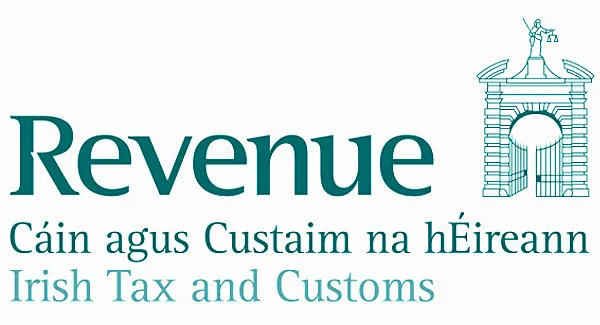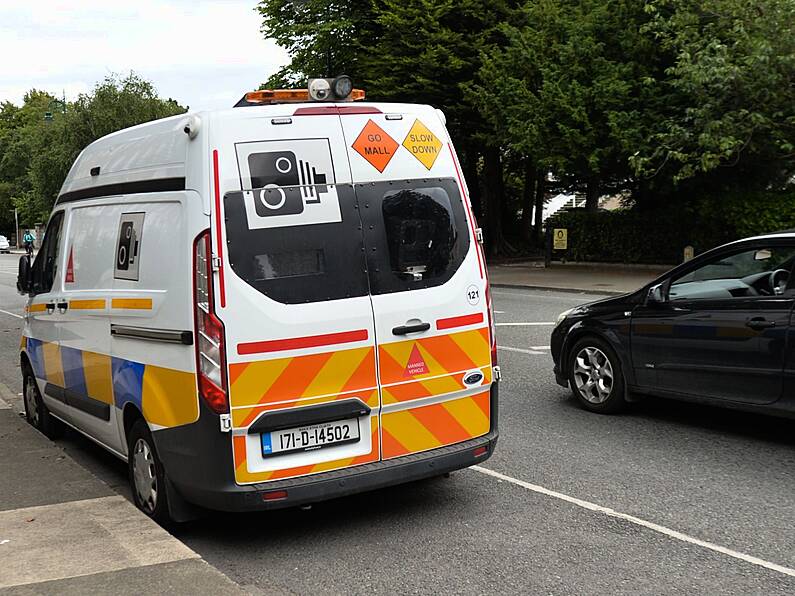These are the critical days for individuals to file their tax returns to Revenue.
The returns of income which Revenue expects to receive between now and November 14 are largely made by the self-employed because the tax affairs of employees are mostly handled through PAYE.
At this stage, the Form 11 tax return must be filed online using the Revenue OnLine system (ROS) via its website.

That’s not simply a matter of going online; you need to have a digital certificate which is a form of authorisation issued by Revenue before you can use their filing system.
If you haven’t got a certificate but you need to make a return, apply now to get one as they can take several days to issue.
The key thing for self-employed people is to manage the exposure to tax penalties, interest and surcharges by making sure the income return gets filed on time.
A late return will add 5% or even 10% to the tax bill as a surcharge. Late payments of tax attract interest charges.
Even if it’s not possible to make the full payment due, I’d suggest you make sure Revenue receive the return. Late filing or a failure to file entirely can also trigger a Revenue audit of your business.
Most back taxes, interest and penalties become due because people are inattentive or careless rather than fraudulent.
While there’s no particular thanks for being tax compliant, it’s just good business practice for self-employed people to be on top of their tax affairs.

See it as a cost reduction measure for your business.
There are many of us, though,who don’t see ourselves as self-employed yet fall within the rules that require a tax return to be made. One high risk category is the proprietary director. Even if you don’t earn any directors fees or have any other non-PAYE income, the mere fact of being a company director with a shareholding of more than 15% puts you into the cohort of people who are obliged to file an income tax return.
Employees, and not necessarily directors, who have share options from their employers must file a return of income.
Also, opening a foreign bank account means a person must send in a return of income even if they’re not self-employed. Some tax reliefs make it a condition that a full income tax return has to be made before they can be claimed.
These include the Home Renovation Incentive and the Help to Buy scheme.
This year’s tax return is even longer than before. Some of the questions have to do with gains and losses on the sales of assets, and gifts and inheritances. It’s a good idea to complete these, even if you’ve sold items at a loss or received small amounts which don’t add to your tax bill this year.
That makes it simpler in the future to claim relief for losses or other allowances.
Another worthwhile tactic is to print out and check all the details and calculations from the ROS system at the time you file the return. The computer can get it wrong, yet the accuracy of the return and the calculation of the tax always remains the responsibility of the taxpayer, not Revenue.
The ROS system is comprehensive but mistakes can and do occur. At least you will have evidence of making every reasonable effort to get things right with your tax affairs.
For most self-employed people and others caught for tax returns by the special rules, the whole filing process is an unavoidable chore.
Don’t let the chore become a hardship by missing next week’s deadline.
Brian Keegan is director of public policy and taxation at Chartered Accountants Ireland






